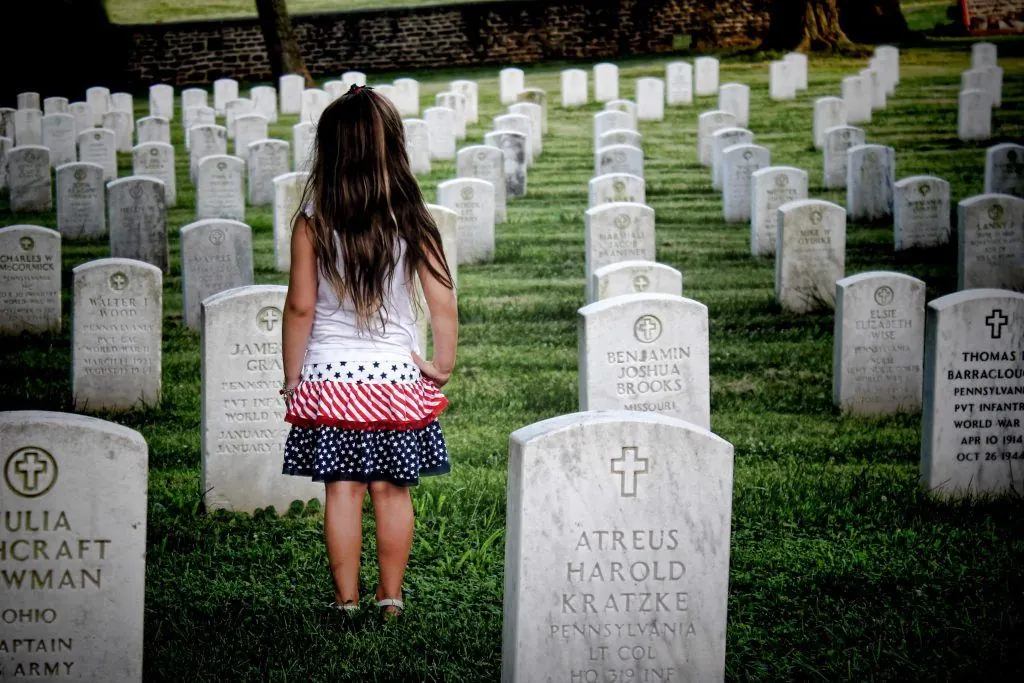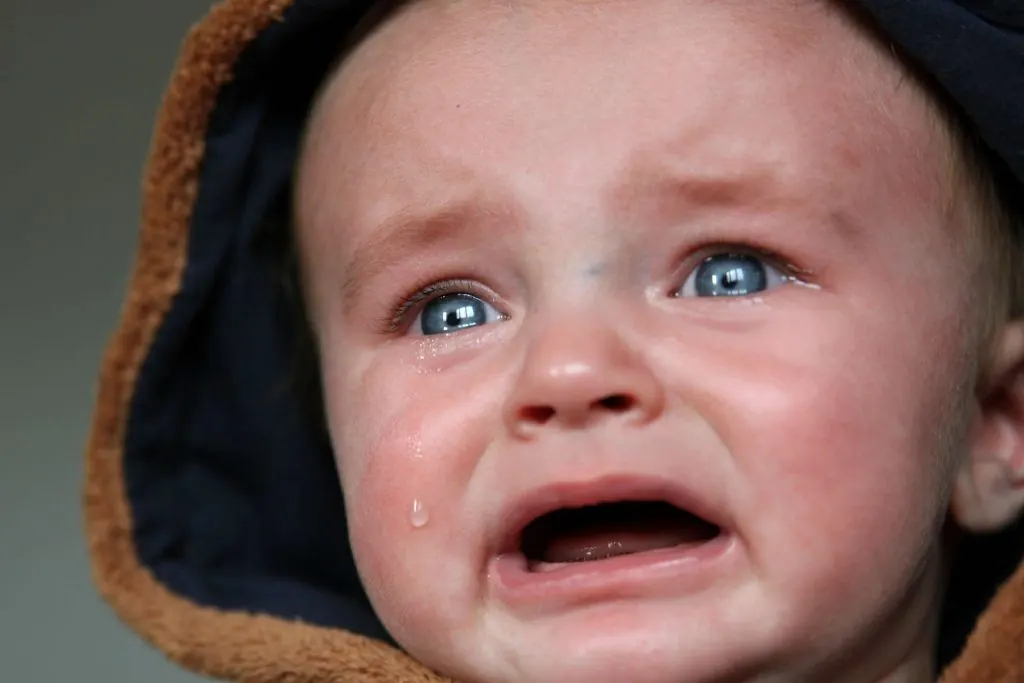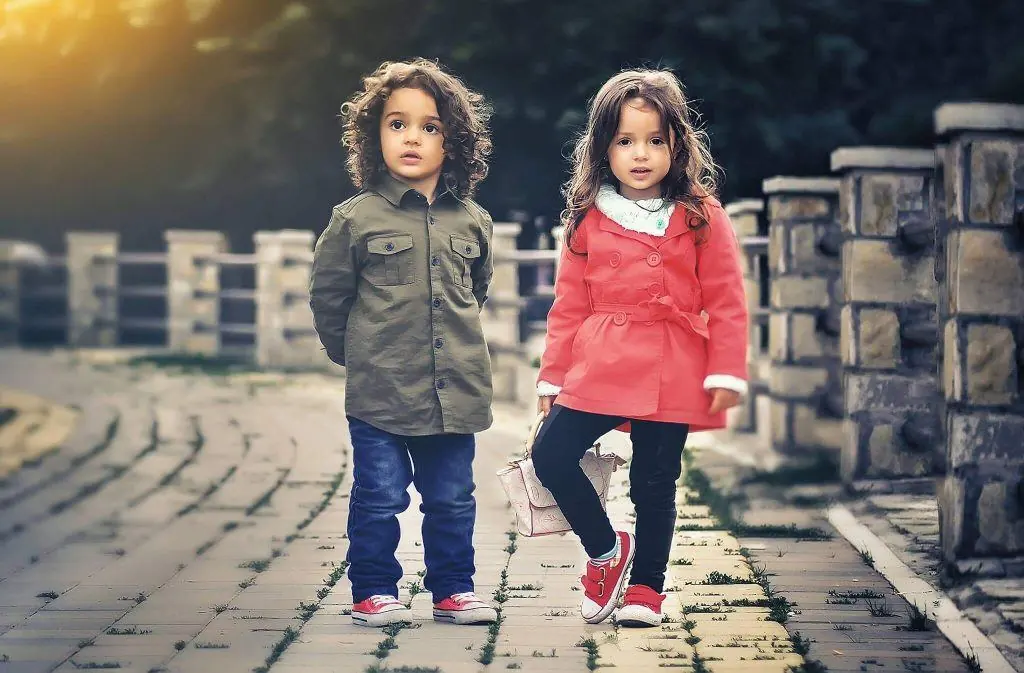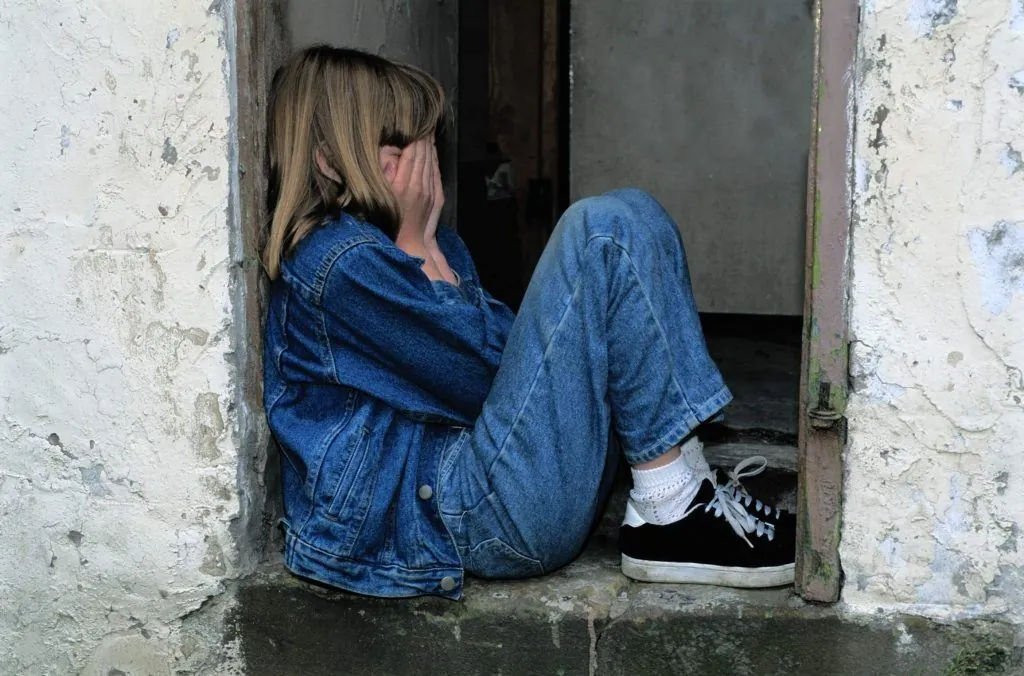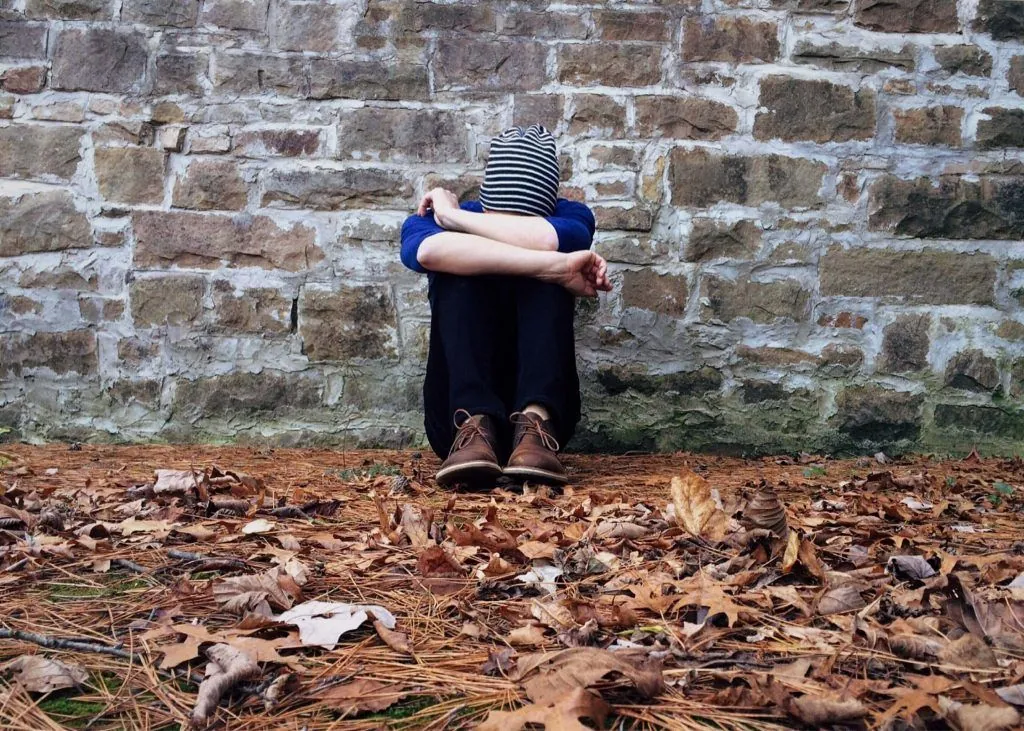Helping Children Understand Grief
Helping Children Understand Grief – Children express grief in different ways. While some can verbalize the loss of a loved one like adults do, others may express physical discomforts like a headache or a stomachache. Depending on their ages, they may express sadness for only a short period of time. This is normal behavior. Death is more intense for a child if he or she had a close relationship with the person who died, such as a sibling or a parent.
Understanding How Children See Death
Children view death differently at various stages of their development. Their views change as they develop emotionally and socially. Other factors such as their personality, previous experiences with death and family support can also influence their reactions.
Stages of Emotions
It may be helpful to know that children don’t move quickly from one stage to the next. Their emotions from each stage may overlap.
Infants and Toddlers (birth to 2 years old):
- Children at this stage have no real understanding of death.
- They may be aware of the absence of a parent and react by increased crying, decreased responsiveness and changes in eating or sleeping habits.
- They may keep asking or looking for the missing parent.
- They are most affected by the surviving parent.
Preschool-age Children (3 years to 6 years old):
- Children at this stage are curious about death.
- They may see death as sleeping and believe it is only temporary or is reversible.
- They may feel guilty about the death and believe they are responsible for it because they were “bad.”
- They may worry about being left behind and wonder who will take care of them.
- They are very affected by the sadness of the surviving parent.
- They can’t verbalize their feelings and react through regressive behaviors such as bed-wetting or thumb-sucking.
School-age Children (6 years to 12 years old):
- Children at this stage understand that death is final.
- They may think of death as a ghost or a spirit.
- They express interest in specific details of death and wonder what happens to the body after death.
- They may express various emotions such as sadness, anger, guilt, and anxiety.
- They may express their feelings through bad behaviors like skipping school, getting bad grades, getting into fights and withdrawal from friends.
- They may worry about being abandoned and worry about who will take care of them.
- They may likely experience feelings of insecurity.
Teenagers (13 years to 18 years)
- Children at this stage have an understanding of death like an adult but don’t have the experiences to cope like an adult.
- They may start acting out in anger at family members and exhibit reckless behaviors like fighting in school, being sexually promiscuous or experimenting with drugs.
- They may experience different emotions but don’t feel comfortable talking about them.
- They may not welcome family support because they feel the need to be independent.
- They may cope with the loss by withdrawing from the family or spending more time with their friends.
- They may start to question their faith or beliefs.
Helping Your Child Cope with the Loss
The death of a sibling or a parent can directly affect your child’s daily activities. Routines in the household may change due to the surviving parent having to go back to work and spending less time at home. These changes can add to your child’s grief. Children will benefit from having conversations and support during these transitions.
Explain the concept of death in direct and simple terms that are geared towards the child’s developmental level. Younger children can’t reflect on their emotions and thoughts like adults so have shorter conversations and repeat the information many times. Children may also ask the same questions as they try to make sense of the difficult situation.
Helping Your Child Remember the Person Who Died
Explain to your child that the person who died will continue to live on in his or her memory. Help your child gather photos and other memorabilia to create a special memory board. Talk to your child often about the person. Remind your child that the deceased person loved him or her very much. Over time, your child will start to understand that the loved one was a great influence in his or her life.
Watch YouTube Video: Helping Children Cope with Death. Educator and parenting author Maggie Dent discusses the different ways of helping children understand grief.
Folsom Wrongful Death Lawyer
My name is Ed Smith, a Folsom wrongful death lawyer. Coping with a loved one’s death is never easy. If someone you love has died due to another person’s negligence, please call me at 916.921.6400 or 800.404.5400 for free, friendly and compassionate advice.
I have been helping residents in Folsom and in the greater Sacramento community with their personal injury and wrongful death cases for 36 years.
Our client reviews are on Avvo, Yelp, and Google.
You can go to our Verdicts and Settlements page to see our past cases.
I am a member of the Million Dollar Forum.
Helping Children Understand Grief: AutoAccident.com
Photo by Bess Hamiti from Pexels; Pixabay.com / Helping Children Understand Grief.
:cha [cs 868] cv

